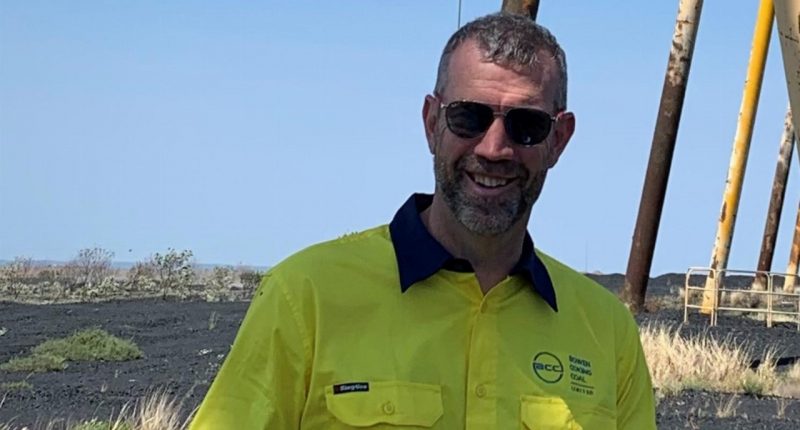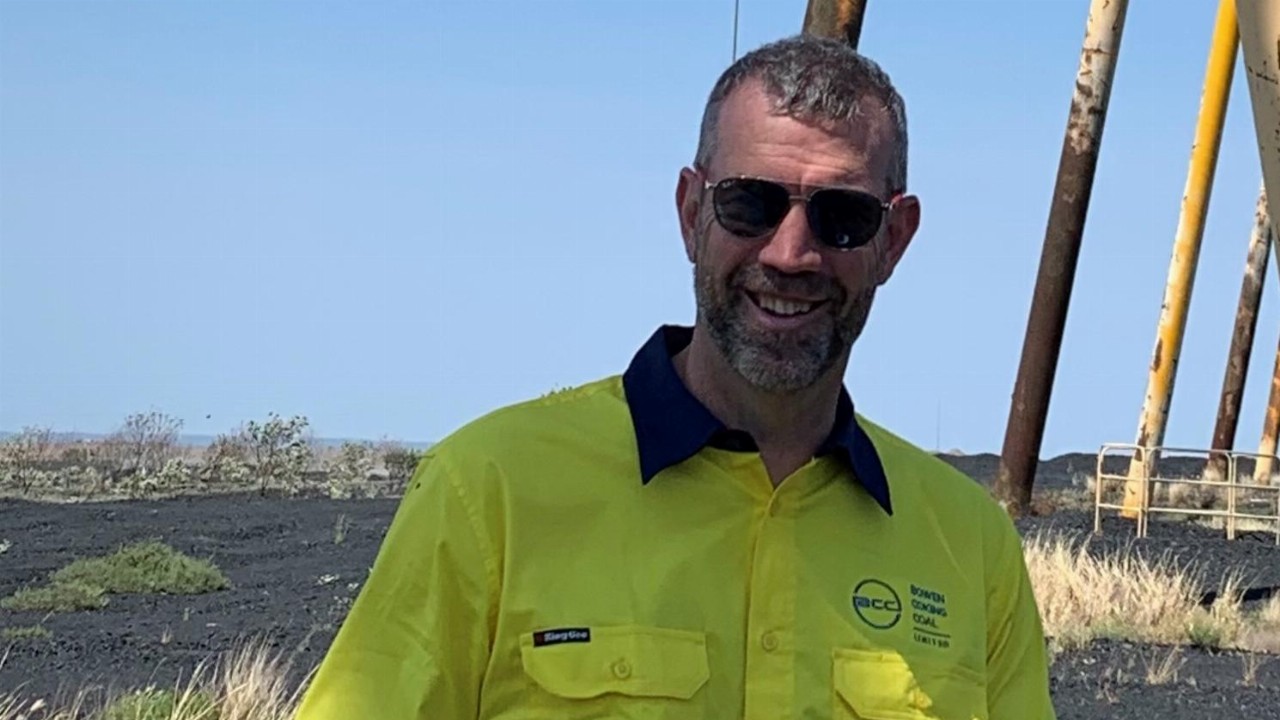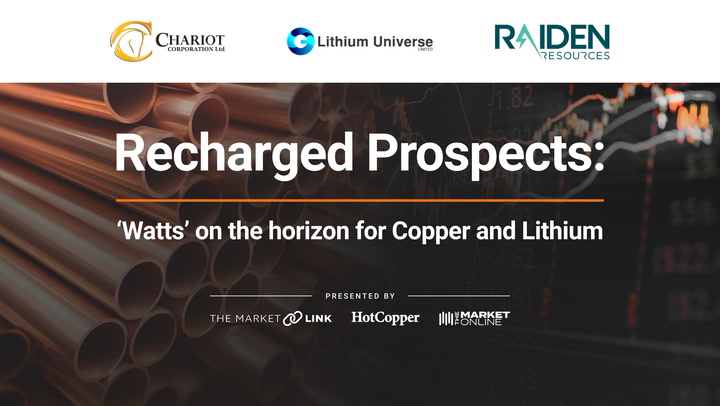- The merits of coal mining have long been discussed, but attention is now turning to the different types of coal on the market
- Specifically, astute investors are beginning to understand that coking coal isn’t easily replaced and remains essential to the steelmaking business
- One of the ASX-listers taking advantage of the in-demand commodity is Bowen Coking Coal (BCB), which owns world-class assets in Queensland’s Bowen Basin
- The company’s Broadmeadow East Coking Coal Project is advancing towards shovel-ready status, with a resource estimate of 33 million tonnes already declared
- This well-funded, expertly run business has a number of assets in place to continue supplying coking coal to the growing steel business
- Shares in Bowen Coking Coal are trading at 5 cents each on February 23
The environmental impact of coal mining has been debated for many years now, but how many investors actually know the difference between the types of coal on the market?
To put it simply, thermal coal is used in power generation, while coking coal is used to make steel.
Or to put it more broadly, thermal coal is mostly replaceable as a power source, while coking coal has no cost-effective substitute in the steel industry.
Despite the support for hydrogen in decarbonising the iron and steel industry, the technology is still too immature and costly to displace coking coal in the near-term.
This leaves coking coal in an enviable position and Bowen Coking Coal (BCB), the ASX-listed energy stock, well placed to capitalise on the demand.
The differences explained
Once coal has been mined, that’s where the differences between coking coal and thermal coal really begin to emerge.
To be used as a power source, thermal coal has to be crushed into a powder and then burned to heat water into steam, which in turn runs turbines — generating electricity.
Coking coal, however, is used in the process of creating coke, which is the necessary ingredient for creating steel.
To produce coke, the coal is heated in a reducing atmosphere. As the coal’s temperature rises, it becomes plastic and fuses together, before resolidifying as coke particles.
Because of its higher carbon content and lower ash and moisture, coking coal is valued at up to three times the price of thermal coal.
It’s also less challenged by lower cost technology innovations and can’t be phased out or reduced like thermal coal, which can be partially or even fully replaced by a variety of different renewable energies.
Coking coal and steel
With a lack of viable substitutes and hydrogen still considered too costly, the commodity’s primary end product, steel, is rapidly growing in demand.
This is because steel is basically the building block of modern society, used in everything from buildings, infrastructure, tools, ships, trains, cars, machines, electrical appliances and renewable energy.
The World Steel Association predicts 1.72 billion Mt of steel will be produced in 2021 with production predicted to keep rising on the back of increasing urbanisation, particularly in China and India.
The Australian Government is also planning to invest $110 billion into infrastructure spending over the next 10 years, as well as unveil two different schemes to encourage more homes to be built across the nation.
Considering it’s currently estimated to take around 770 kilograms of coking coal to produce one tonne of steel — the demand for the commodity isn’t set to decrease any time soon.
ASX-listed players in the business
So, who are the players producing this valuable commodity?
There are dozens of different ASX-listed companies in the wider coal business but only a few who specialise in coking coal.
One of those businesses is Bowen Coking Coal (BCB), a growing company that holds a number of assets across the prolific Bowen Basin in Queensland – host to the world’s best and largest source of globally traded coking coal.
The company’s most advanced project to date is the 100 per cent owned Broadmeadow East Coking Coal Project, which carries a resource estimate of 33 million tonnes.
BCB is focused on getting Broadmeadow shovel-ready as soon as possible, with a drilling team mobilised to the site in December last year to conduct a resource extension, coal quality and groundwater drilling campaign.
The business also recently raised $3 million in capital to advance mine planning and environmental approvals for the project, which should be finalised by the end of this year.
Following on from Broadmeadow East, Bowen is also developing its pipeline of coking coal projects, including the Isaac River, Hillalong and Cooroorah assets.
In addition to its strong Bowen Basin portfolio, the company is also a joint venture partner with fellow ASX-lister Stanmore Coal (SMR) in the Lilyvale and Mackenzie Coking Coal Projects, which are also located in Queensland.
Future growth
BCB Director Nick Jorss said the company’s growth potential in this world-class region was incredibly exciting.
“With a strong portfolio of near-term assets in Australia’s premier coking coal province we are well placed to become the next significant producer of quality metallurgical coal in the Bowen Basin,” he said.
“Coal is an essential component in the manufacture of steel at scale, as much as steel is an essential element in modern life. For as long as the world needs steel there will be a demand for high quality, low-impurity coking coal such as that produced in the Bowen Basin,” he added.
Commenting on the long-term future of coking coal, Nick explained why hydrogen replacing coking coal was currently a distant dream.
“The green steel goal is commendable but to achieve that by replacing coking coal with hydrogen is likely to be a very expensive exercise. We believe there are other, more cost-competitive methods of achieving the same goal which retains the use of coking coal as a key ingredient in steelmaking alongside iron ore,” he said.
“In terms of production costs, should hydrogen hypothetically be used to reduce iron ore to create steel, not only does an entirely new steel industry need to be built to replace the incumbent technology, but the current cost estimates of hydrogen sourced from renewable power are around $6/kg,” he explained.
“This would need to drop by a factor of six to compete with the current cost of coking coal. A reduction of that magnitude is not likely as you start to run into the physical limits of the process and the inherent energy losses,” Nick added.
“What is sometimes lost in the debate over coal is that one of the key ingredients in the renewable revolution is steel, and to build new steel you need lots of coking coal and iron ore, it’s as simple as that. The vast majority of Queensland’s coal exports are coking coal for steel production and Bowen is proud to be well on its way to joining these ranks,” the CEO concluded.
As demand for steel continues to increase, driven by Government-supported infrastructure spending aimed at revitalising the economy in the wake of COVID-19, it’s clear that coking coal will remain in vogue for some time to come.
And while the demand remains, Bowen Coking Coal is keenly poised to capitalise on this valuable and necessary commodity with is its enviable portfolio of assets.
Shares in BCB are trading for 5 cents each in a $49.97 million market cap on February 23.








